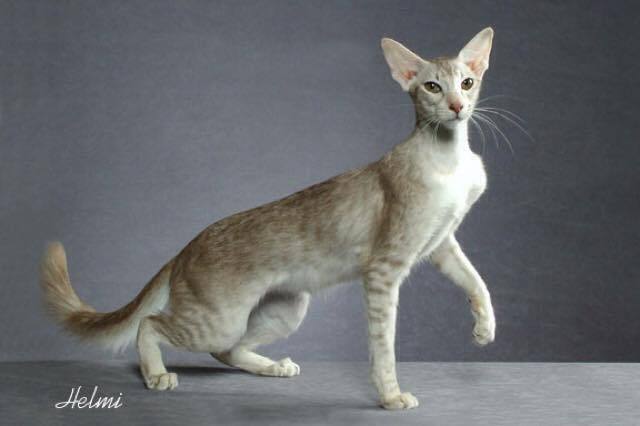
They’d much rather sit beside you, or curl up at your feet, than cuddle on your lap. British Shorthairs dislike being picked up, and tolerate it with legs stiffly stretched out to push you away. One thing Brits are not, however, is lap cats. They make up for it by some of the loudest purring you’ve ever heard British Shorthairs are often known for their motor boat type purrs. They tend to be more independent than many breeds and usually adapt well to most situations. British Shorthairs tend not to be vocal cats they make tiny squeaking sounds rather than meows, which is quite humorous coming from those burly bodies. British Shorthairs tend to show their loyalty to the entire family rather than select one person with whom to bond. They are calm, quiet companions, appreciating quality time without demanding your total attention.īritish Shorthair can make great apartment cats, being alert and playful without being hyper or destructive. Once they get to know and trust you, British Shorthair are confident and devoted, and enjoy following you from room to room to keep an eye on your activities.

British Shorthair need love and attention if they are to become the loyal, loving companions they can be the more attention and affection you give them, the more they will repay you in kind. When they get over their initial reserve, however, they become extremely faithful companions. They are quiet, even-tempered, and undemanding with a bit of typical British reticence, particularly when they’re first introduced. British Shorthairs like to keep a low profile they are affectionate but not clingy, playful but not overactive.


Some say the British Shorthair is the perfect household companion if you like a breed that’s undemanding, not always underfoot or in your face. If you’re looking for a cat that will loot your refrigerator and swing dizzily from your chandeliers, then the British Shorthair is not for you.


 0 kommentar(er)
0 kommentar(er)
